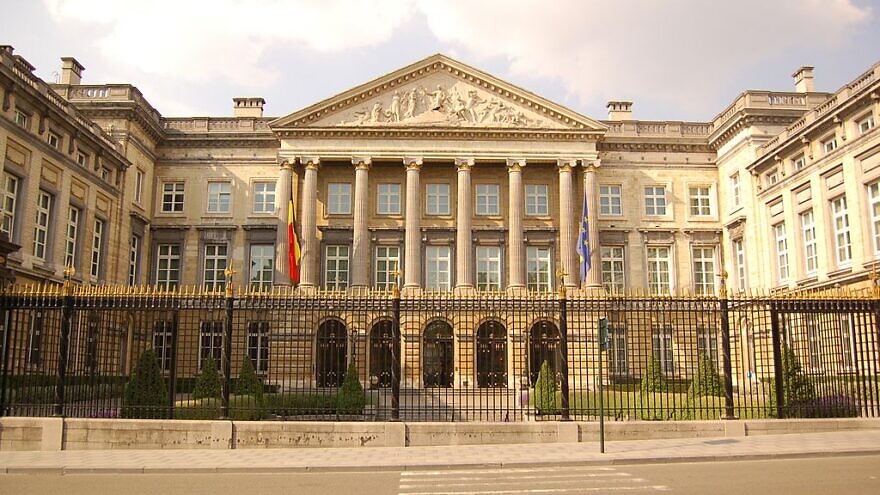Belgium announced on Wednesday plans to label Israeli products made in Judea and Samaria, citing Brussel’s desire “to ensure human rights in the West Bank.”
The European Union in 2015 instructed all member states to begin labeling products from Israeli settlements, but very few countries have implemented the ruling. Jerusalem expressed concern that the Belgian ruling might set a precedent for other European countries.
As part of the current Belgian government’s coalition agreement, left-wing political parties demanded a government policy mandating the labeling of settlement-made goods. A special office was created to that end. The recommendations it formulated were approved by the government and were presented to the parliament this week.
“The Belgian government’s decision supports extremism, undermines efforts to promote peace in the region, and does not contribute to stability in the Middle East,” said Roll.
Israel’s Foreign Ministry condemned the move, saying the Belgian government’s decision “harms both Israelis and Palestinians and goes against the Israeli government’s policy focused on improving the lives of Palestinians and strengthening the Palestinian Authority and with improving Israel’s relations with other European countries.”
Professor Eugene Kontorovich, director of international law at the Jerusalem-based Kohelet Policy Forum, said in response to the Belgian ruling that “Belgium’s new labelling policy puts a new kind of yellow star solely on Jewish products.”
Belgium, he continued, “has no rules against doing business in disputed territories anywhere else in the world—because they know that such activity is not illegal under international law. Thus the labelling and lists it is requiring is not about business in occupied territories—it is about business with Jews.”
This is an edited version of an article that first appeared in Israel Hayom.


























